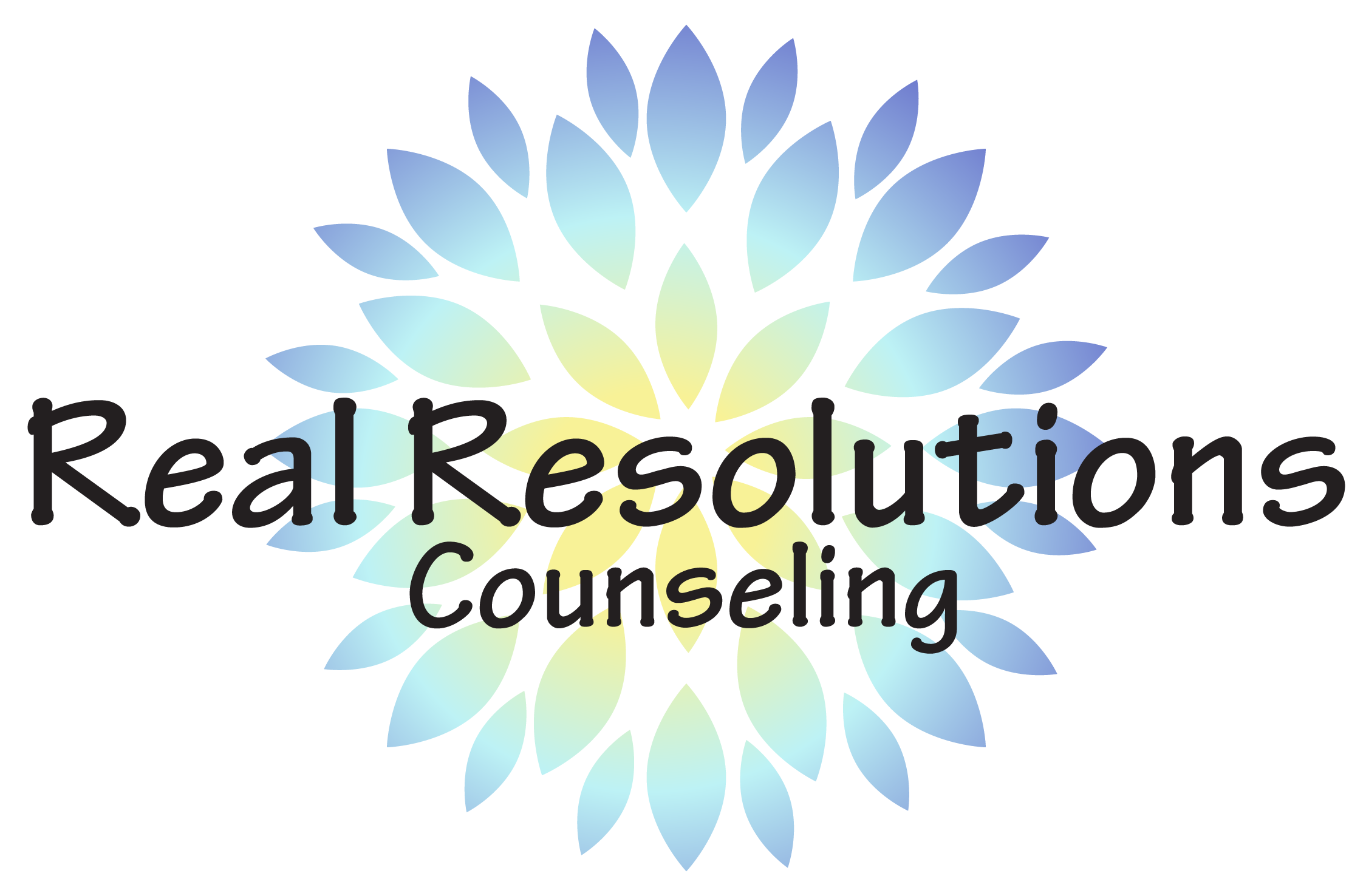Submitted by: Lindsey Lane(Graduate student Wake Forest Univ.)
Sometimes when you go a few weeks between therapy, it can be hard to remember where you last left off. It is easy forget things that were important to you a few weeks ago, especially if a lot has transpired since your last session. However, sometimes the opposite is true! Sometimes you don’t know what you want to talk about because not a lot has happened since your last session.
A therapy checklist is a great way to check in with yourself a few minutes before your session to clarify where you are at and what you want to talk about in your session. Sitting down about 10-15 minutes ahead of your scheduled session and using a checklist like the one below can help you to better understand the focus of your session and what you want your counselor to know. Think about the following when you are completing the checklist:
- Today I am Feeling: Ask yourself, how do I feel right now? Be honest with yourself and think about what emotions you have been feeling today. You can use more than one! It may be helpful to check out this feelings wheel to get specific with your emotions.
- Overall I am Feeling: You may be feeling okay today before your session, but think back over the last few weeks since your previous session. Did you have a few stressful days? Have you been a bit anxious? Take a few moments to notice what the last few weeks have been like for you.
- Important Things That Have Happened Since Last Session: A lot can happen in a few weeks! Some topics to think about:
- School
- Work
- Relationships (friends, parents, family, spouse, coworkers)
- Mental health
- Life events
- Upcoming events (interview, new job, school starting, a big trip, etc.)
- Relationships/Situations/Topics I Need to Discuss: Think about the interactions you had over the last few weeks. Did any interactions make you really happy? Really sad? Have you had something on your mind for a while? Nervous about an upcoming event or situation? Bring these conversations in to work through with your counselor.
- What I Need from this Session: Tell your therapist what you hope to gain from talking today. Do you want to set goals? Learn how to cope with something that has been distressing for you? Do you just want to vent about something that has been bothering you? Talking with your counselor about what you want to gain from your session will help the counselor tailor the session to your goals!
- I Want to Feel: What would you rather be feeling instead? Let your counselor know this is how you would prefer to feel and you can work together to plan on how to get there.
- My Overall Goal For Myself: Think about a small goal – perhaps you just want to have a goal of taking space for yourself. No matter how big or how small, a goal can help you make efforts to move in the direction you want to go in.
After making your checklist, you will likely feel clarity and ease as you start your session! If it feels helpful, you can use this checklist before every session to ensure that you know where you are at, where you want your session to go, and how you want to use your time with your counselor.




